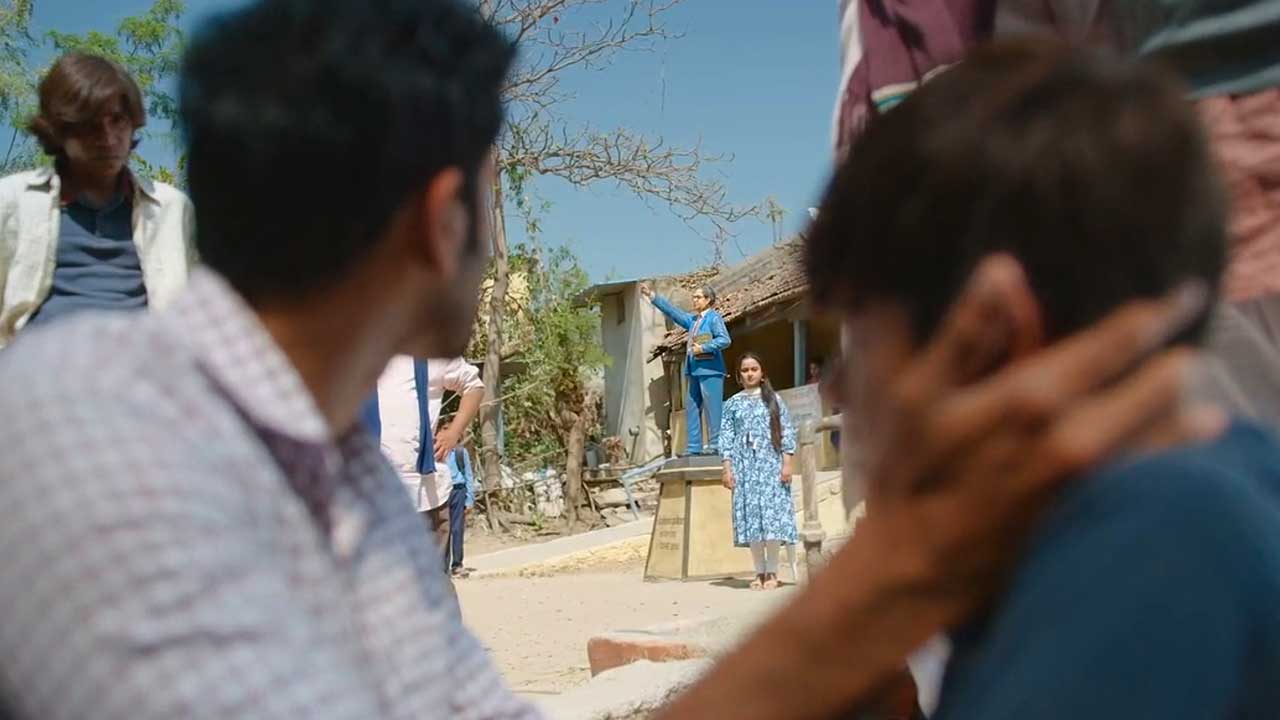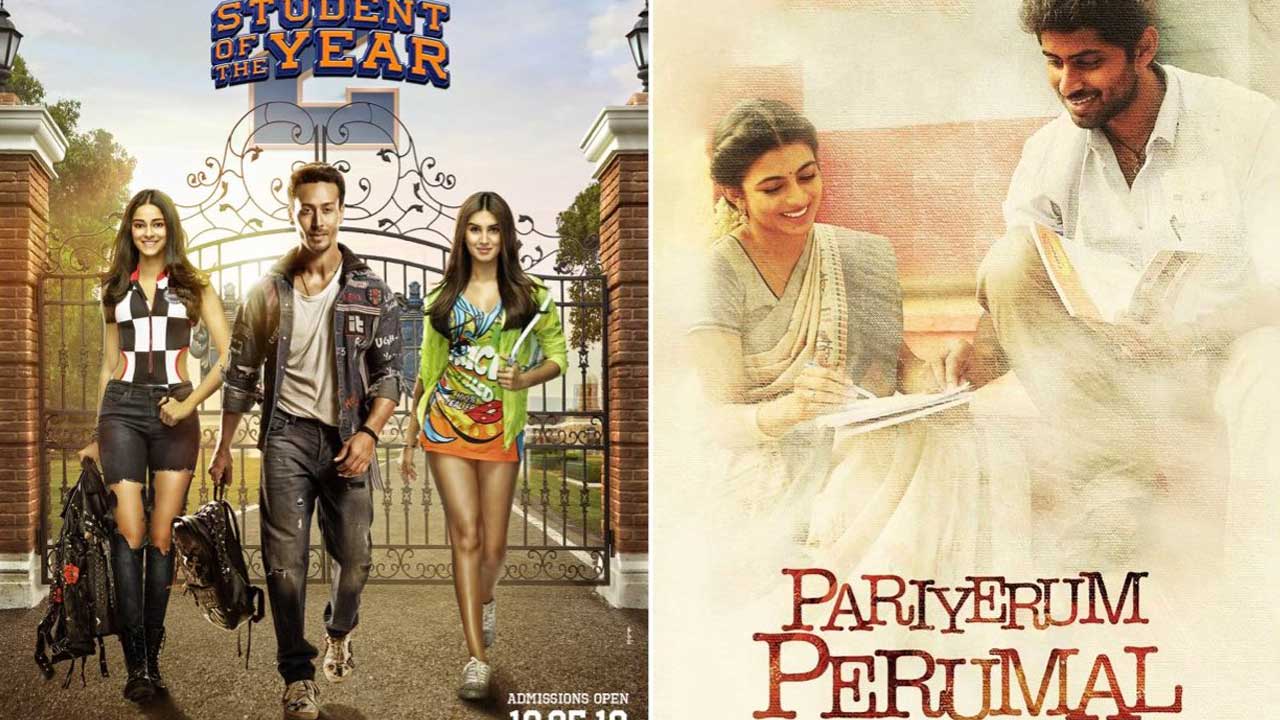While filming for Padmavati near Jaipur in Rajasthan, director Sanjay Leela Bhansali was assaulted and sets destroyed. The pretext was a rumoured sequence in the film that shows Rajput princess Padmavati appearing in Muslim ruler Alauddin Khilji’s dream. The attackers belonged to the Karni Sena, which claims to be working for the preservation of Rajput honour. The group announced that the film was an insult to the Rajputs. Interestingly, the film is still in production and the Karni Sena couldn’t have had access to the script. Just a rumour had made them attack the filmmaker. It was not surprising that the Rajasthan government sat back and watched. No one in the government condemned the attack. Bhansali also decided to pack up and leave Rajasthan. The leaders of the BJP and the VHP had dared him to shoot the film anywhere else in India. The same Karni Sena had earlier vandalized the cinema theatres screening the film Jodha Akbar, which is about another Rajput princess, Jodha, and Mughal emperor Akbar.
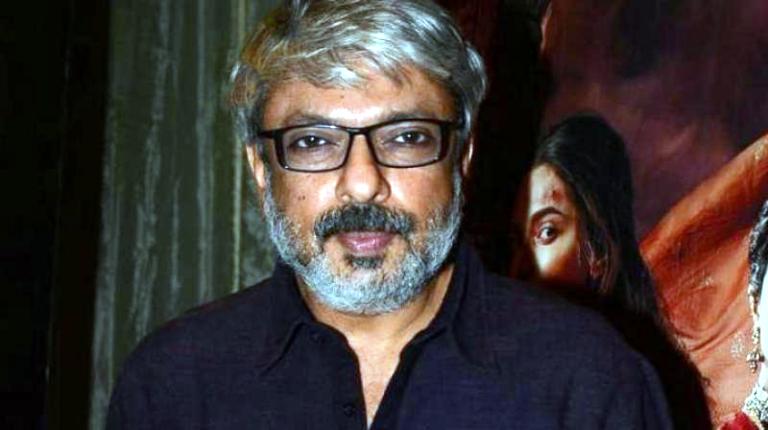
The Alauddin Khilji-Padmavati connection is fiction. Some unauthenticated sources have claimed that since Khilji was a real person, the story about him must also be true. The popular narrative of Padmavati and her Jauhar (immolation) has come about because of a work of fiction by a Sufi saint, Malik Mohammad Jayasi, in the 16th century, two centuries after the reign of Khilji. Padmavat, a classic of sorts, revolves around the love story of Ratan Singh, the ruler of Chittor, and Padmavati, the princess of the imaginary Simhala Island. Ratan Singh comes to know about the beauty of the princess from her parrot, Hiraman. Guided by Hiraman, Ratan Singh pursues the princess and finds her. Raghav Pandit betrays Ratan Singh to the king of Kumbhalner, and is killed. The king of Kumbhalner also has an eye on Padmavati. Meanwhile, Khilji, who has seen the beauty of the princess and is smitten with her, also attacks Ratan Singh’s kingdom, just to find that Padmavati along with other women have immolated themselves en masse. The Sufi mystic meant the story as a metaphor for the human soul seeking freedom and the futility of power.
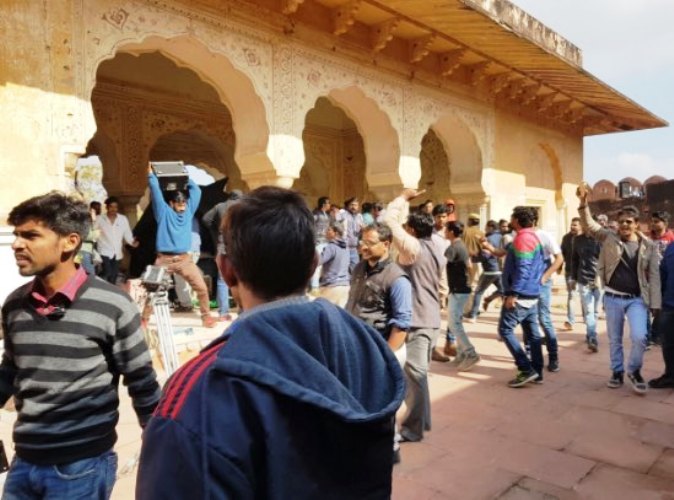
Over time, Padmavati has been reduced to a symbol of Rajput honour and Khilji to an Islamic invader overcome with lust. The construction of the past has been greatly influenced by the present political scenario. This narrative revolves around the communal view of history where kings are presented as the vehicles of their religion. That power is the central motive of kings is overlooked in this view of the past. This forms the core of our community memory – it has been constructed over a period of time. This narrative aims to present the valour of Rajput kings. It says they defended valiantly against invading Muslim rulers and protected the honour of “their women”. Women also did their part, immolating themselves rather than being defiled by the Muslim kings. This narrative totally goes against what happened during a long period, when the Mughal-Rajput interaction was the fulcrum on which political alliances were forged. This usually involved Rajput daughters being given in marriage to Mughal (Muslim) kings.
A few years ago, the posters of the film Jodha Akbar and cinemas screening it were vandalized. This film was also based on the story of a Muslim King marrying a Hindu princess. Fiction has coloured the presentation of many an incident of the past as well. The recorded history tells us about the attempt of Mughal kings to build an empire, which involved both battles and alliances. Akbar and Rana Pratap fought each other but later Rana Pratap’s son Amar Singh entered into an alliance with Akbar’s son Jahangir. Rajput kings also occupied high positions in Mughal administration. Mughal-Rajput syncretism was an important feature of society and politics in the medieval period.
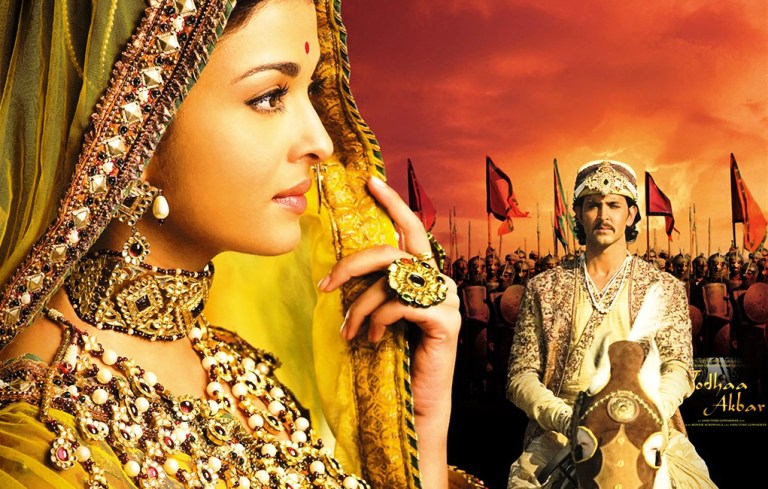
There are two kinds of portrayals of Rajput princesses. One glorifies self-immolation and upholding the honour of community honour and captures the imagination of the masses. The second shows members of princely families intermarrying and consolidating power. The prevalent patriarchal notions see “giving away daughters” as a sort of community defeat, so the second portrayal is being erased from memory and “jauhar” is being put forward as the badge of honour. The film Jodha Akbar presented the marriage of a Rajput princess to a Mughal king as a political pact between two ruling families; hence it didn’t go well with the present idea of community honour.
With Padmavati, the matters are being taken one step further. A rumour was enough for the vigilantes to act. The Karni Sena appears to have read the director’s mind. Such presumptions have become common over the past three decades and seem to be growing unchecked. Right-wing nationalism is seeking to rein in artistic freedom as Hindutva politics is gaining legitimacy and strength. Filmmakers have been feeling the wrath of these groups with increasing intensity. The political system, which should be committed to the values of freedom of expression, has usually been a bystander, underlining the fact that this ideology of Hindutva has no place for diverse presentations of the past, or for the creative freedom of the artists. The state is failing the “democracy test” time and again.
Forward Press also publishes books on Bahujan issues. Forward Press Books sheds light on the widespread problems as well as the finer aspects of the Bahujan (Dalit, OBC, Adivasi, Nomadic, Pasmanda) community’s literature, culture, society and culture. Contact us for a list of FP Books’ titles and to order. Mobile: +919968527911, Email: info@forwardmagazine.in)

